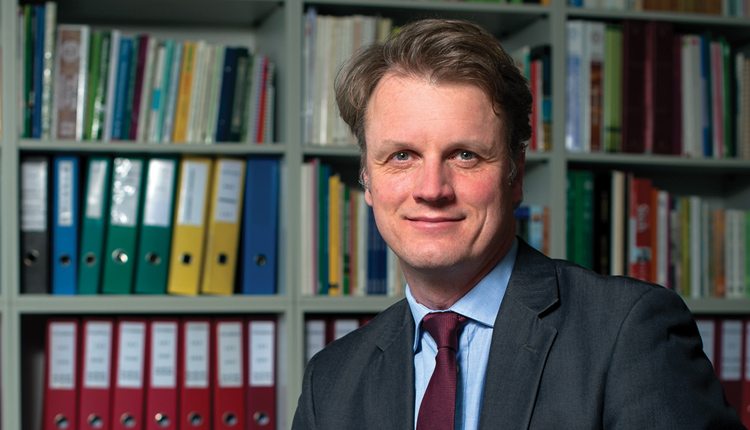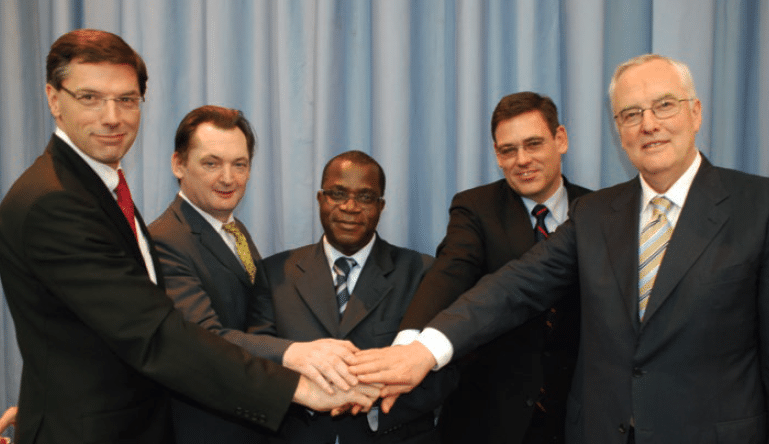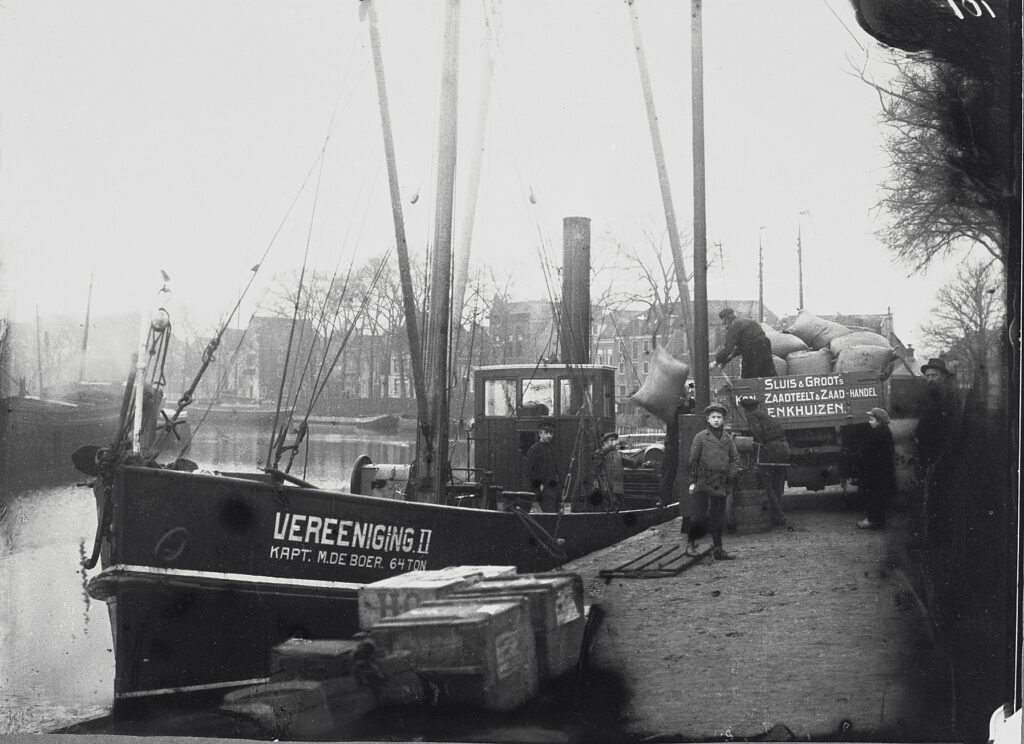As secretary general of the International Seed Federation, I’ve travelled extensively to meet with members and better understand their needs to align the organization of the secretariat and the work of ISF with members’ priorities.
One thing is clear: Wherever I go, I come across well-organized national seed associations doing a great job for their members and promoting the seed sector. Today, ISF represents 95 percent of the global seed industry and more than 7,000 companies. As an international association representing members worldwide who have very different priorities, we understand the diversity of their needs and expectations. However, as the world shrinks and the global seed trade grows, countries actually have more issues in common than one might originally think. Times are changing, and we have to move with the times.
Today, ISF is focused on developing a five-year strategic plan. In doing so, staff and leaders have been asked to revisit the mission, vision and core values of ISF to increase their relevance in today’s environment. As part of this, the ISF secretariat has been finalizing their strategic objectives, which will be linked to the work of ISF committees and sections and coordinated through new action plans. We need to be clear about where ISF is today, how it got here and where it is going, so that we adopt a joined approach at every level, both inside and outside, of the organization.
“We need to be clear about where ISF is today, how it got here and where it is going, so that we adopt a joined approach at every level.”
— Michael Keller
Clearly Communicate
This year, ISF launched a Working Group on Plant Breeding and Innovation to develop a strategy for political outreach and communications. The working group, along with ISF’s communications manager, Jennifer Clowes, is developing messages that target specific stakeholders.
Coordinating communications and creating the context for collaboration are central to ISF’s new communications function. The ISF team is working to communicate more about the benefits of seed applied technologies, with technical director Piero Sismondo at the helm.
Inside ISF, the Seed Applied Technologies Committee (SATCom) is comprised of experts who have been following the development of the technologies and the emergence of challenging situations worldwide. The committee is working to promote good stewardship practices, prepare technical guidelines and produce tools to help inform members.
Focus on Phyto
Our job at ISF is to help companies get high-quality seed on the market. Radha Ranganathan has done great work moving the International Standard on Phytosanitary Measures (ISPM) specific to seed forward.
ISF contributed to the process in the form of a dozen or more papers that explained the workings of the seed industry and through the participation of an industry representative in the Expert Working Group drafting the standard. The first draft of the standard was opened to the International Plant Protection Convention (IPPC) Member Countries for consultation in June 2014 and attracted more than a 1,000 comments. A revised version that takes these comments into consideration is being prepared, which will also undergo close scrutiny before being approved for adoption by IPPC’s contracting parties.
Navigate Plant Breeders’ Rights
With respect to plant breeders’ rights (PBR), the ISF leadership team is facilitating discussion, which plays an important role in protecting PBR and stimulating innovation — a prerequisite to overcoming the challenges we face such as food security.
A new model, referred to as an International System of Cooperation, has been presented by industry and International Union for the Protection of New Varieties of Plants, better known as UPOV. In addition to receiving support from ISF, the proposed System of Cooperation is also endorsed by CropLife International and the International Community of Breeders of Asexually Reproduced Ornamental and Fruit Varieties.
We are ready to engage in dialogue on the key issues, we have an agenda packed with interesting topics, and we have the will to turn challenges into opportunities.













